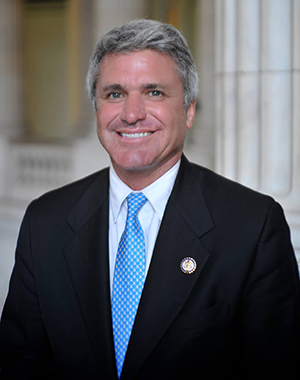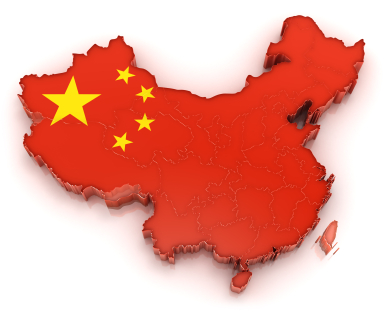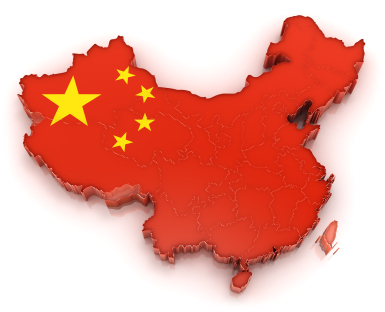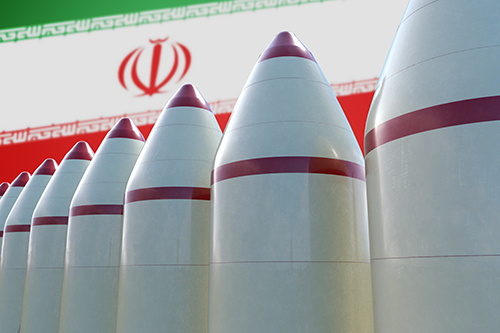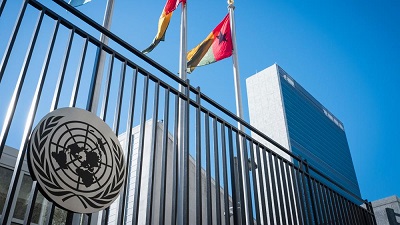Keeping Pyongyang’s Ambition in Sight
Why Olympic Goodwill Will Not Resolve Korea’s Crisis
 During the fanfare of last month’s Winter Olympic Games in South Korea, the world watched with enthusiasm as athletes from the two Koreas marched together in a rare display of unity. The occasion was undoubtedly a welcome reprieve from the intense standoff that has risked millions of lives. But within this moment of goodwill, it is difficult to separate a hopeful vision from the stark realty of the regime’s ambition.
During the fanfare of last month’s Winter Olympic Games in South Korea, the world watched with enthusiasm as athletes from the two Koreas marched together in a rare display of unity. The occasion was undoubtedly a welcome reprieve from the intense standoff that has risked millions of lives. But within this moment of goodwill, it is difficult to separate a hopeful vision from the stark realty of the regime’s ambition.
Although Kim Jong-un also wants a unified peninsula like the one that adorned the Korean team’s flag, he demands that it only exist under his rule. This must never happen.
Little Kim’s desire to dominate the Korean peninsula and his hatred of the United States are inherited from his grandfather, Kim Il-sung. Nearly 70 years ago, Grandpa Kim, founding leader of the Democratic People’s Republic of Korea, invaded the newly founded Republic of Korea. The Korean peninsula, much like in Europe, had been divided along Cold War lines following Japan’s surrender and the end of World War II.
The Soviet Union selected Kim Il-sung to lead a communist state in the northern portion of the peninsula that it had occupied, while the United States backed the democratically-elected government in the South under Syngman Rhee. Both leaders desired to reunify the peninsula under their respective rules, but it was only Kim who received a blessing from his superpower patron to use military force to do so.
In June 1950, after months of lobbying Soviet leader Joseph Stalin and China’s Mao Zedong for approval, Kim ordered his forces to invade across the 38th Parallel.
The Korean War, however, may have never occurred had the U.S. not withdrawn its troops in 1949. This abandonment of the South was compounded months later when Secretary of State Dean Acheson excluded Korea and Taiwan from a speech declaring an American “defensive perimeter” in the Pacific. These steps sent clear signals to the Soviets and Chinese that the United States would not intervene to save South Korea from Kim’s proposed war. Mao also perceived America’s retreat in East Asia as an open invitation to invade Taiwan but at the time was not as readily prepared as Grandpa Kim.
As we know, the U.S. and the newly formed United Nations did intervene to stop the communist invasion and preserve South Korean independence. But the miscalculation left hundreds of thousands dead and the peninsula still divided and on edge after three years of war. While the sheer destruction of that conflict instilled haunting memories on both sides, the North Korean regime routinely manipulates the conflict’s legacy for propaganda purposes.
For the Kim regime, maintaining public anger toward the United States and fostering the perception that the frozen conflict could thaw at any moment, is vital for its own survival. Combined with its Juche, or self-reliance, ideology, the Kim dynasty keeps its subjects insulated from the outside world lest they learn that the U.S. and its allies do not harbor ill will toward the Korean people and are instead threatened by the regime’s aggressive actions.
Pyongyang maintains this deception because it keeps North Koreans fixated on external foes rather than their local oppressors. It also allows the regime to spend nearly 40 percent of the country’s GDP on the military — including billions for its nuclear and missile programs — so that the Kims may one day unify the peninsula under their authoritarian reign.
The U.S. and international community have no choice but to stand up to the regime’s ambitions and seek its immediate disarmament. To alternatively appease the Kim dynasty would require Washington to abandon its East Asian allies and leave South Korea vulnerable to the North’s forced subjugation. This would recreate the conditions that invited conflict in 1950 and bring further unease to states in the region.
Pyongyang should finally be learning it dangerously miscalculated that it could force concession from its foes by rapidly advancing its nuclear weapons program. Instead, its belligerent nuclear and missile testing has attracted international condemnation and an ever-tightening noose of sanctions. For these sanctions to be removed, the North must undertake a far greater goodwill gesture than what was displayed at the Olympics.
Fortunately, the White House’s recent announcement to target specific companies and vessels that are used to evade existing U.N. sanctions signals that the administration is committed to keeping the pressure on until the regime demonstrates a change in course. While an easing of rhetoric and threatening behavior is welcome, the world cannot truly feel at ease until Little Kim offers to abandon his nuclear program and ends his family’s long ambition to rule all of Korea. And that’s just the way it is.



